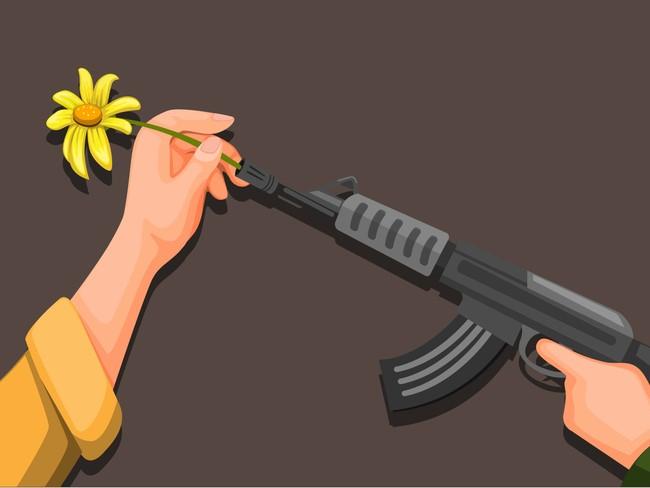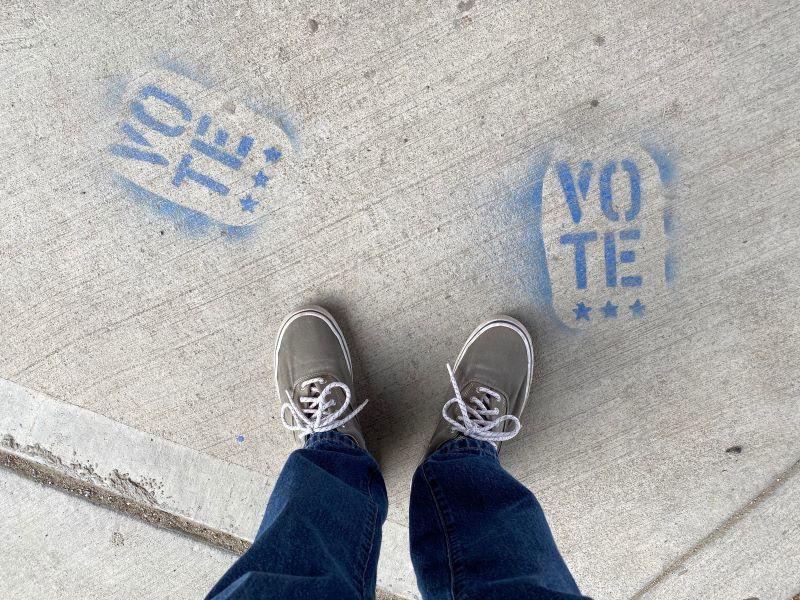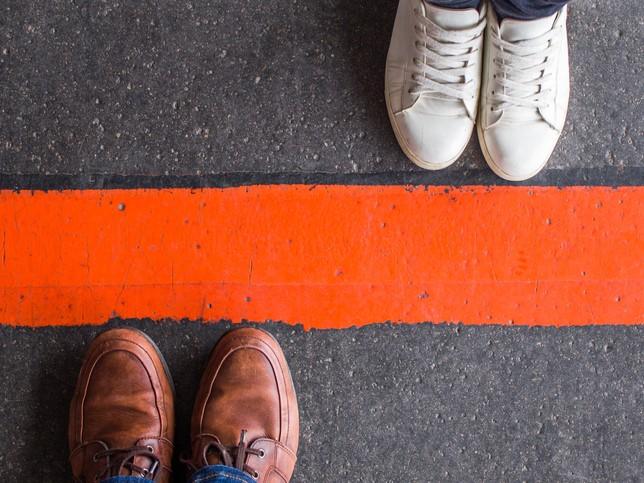
What can universities do to protect Russian and Ukrainian academics fighting for truth?
Academics’ struggle is a stirring reminder that the freedom of scholars and students to speak, teach and publish is neither inviolable nor dispensable, says Ron Daniels

For the past month, Vladimir Putin’s horrific, inhumane and unprovoked invasion of Ukraine has cost thousands of lives and devastated a sovereign nation. It has also accelerated the suppression of the few remaining mechanisms in Russia for checking the excesses of autocratic power.
Russian military and political leaders have been compelled into on national television. Independent media organisations have been forced to broadcast state propaganda or shop. At least 15,000 citizen protestors have been and detained.
After years of crackdowns on academics and students, Russia’s universities, too, have been cowed into complicity or refashioned into extensions of Putin’s government. This became chillingly clear on 4 March, when the Russian Union of Rectors (an organisation representing leaders of hundreds of Russian universities) released an parroting propaganda and declaring universities’ unequivocal support of the regime: “In these days it is very important to support our country, our army, which defends our security, to support our president…Universities have always been a pillar of the State.”
- Fake news and disinformation abounds, but what can universities do?
- Four key strategies for higher education leaders to advance democracy
- A higher education playbook for strengthening democracy: what institutions can do
By explicitly subsuming the aims of universities beneath the umbrella of an autocratic state, this disturbing statement undermines several of the ideals of universities: to pursue truth undergirded by reason and supported by evidence without fear of censorship or reprisal; to challenge conventional assumptions; and to check errant power.
Universities are fact-generating and fact-checking institutions. This function is, by its very nature, an essentially democratic one. Indeed, the research that academics conduct often supports and enhances the work of democratic governance, including by bolstering the creation of just public policy. It also frequently challenges false or deceitful claims made by those in power, which is why autocrats like Putin and others around the world – and throughout history – have so little tolerance for independent universities.
In Russia, the sacred role of universities as stewards of fact continues to be fulfilled by brave faculty and across the country, many of whom have weathered years of attacks on academic freedom. In the past month, thousands of researchers have risked their careers and livelihoods to bravely against the invasion, sign petitions and even take to the streets. Other academics have fled the country to pursue their research or studies in other countries. Meanwhile, student-run magazines such as at the Higher School of Economics in Moscow have valiantly sought to publish truth and fact in the face of arrests and censorship.
Their fight is a stirring reminder that the freedom of scholars and students to speak, teach and publish is neither inviolable nor dispensable. With democracy in decline around the globe, fuelled in no small part by historic levels of polarisation and a startling rise in disinformation, universities cannot shirk their democratic obligations to create new knowledge and share that knowledge with the world. The expertise that universities cultivate has the capacity to cut through the din of cynical distortion and lies.
This leads to the question of what universities around the globe can do now to protect Russian and Ukrainian academics who continue to fight on behalf of truth and fact, and to reaffirm and renew universities’ role in liberal democracy as stewards of fact.
First, universities should stand behind the freedom of scholars in Russia and Ukraine in this time of urgent need. Universities throughout the world have opened classrooms, laboratories and programmes to scholars and students displaced by this conflict. At a moment when Russia is trying to silence independent voices, the world’s universities are offering academics who have fled these countries a place of refuge where they can tell their stories to the world and speak truth to power.
Universities also need to think beyond the war in Ukraine. This means protecting academic freedom, in peacetime and in conflict, in our democracies as well as in countries that might not otherwise be inclined to embrace those principles. We can do this. My own university, Johns Hopkins, has long operated a centre in Nanjing, China, in partnership with Nanjing University. The core principles of academic freedom are written into the governing documents of the centre, and the campus in Nanjing currently houses the longest active, uncensored, open-stack library in China – the only one of its kind when it opened in 1986.
Beyond these steps, universities’ responsibility to democracy also requires them to reinforce public trust in fact and expertise throughout the world. Without this trust, democracy will continue to wither.
Right now, vast quantities of academic research are trapped behind paywalls available to only a select cadre of experts. This prevents many people around the globe – not only individual citizens, but those who work in media, politics and civil society organisations – from accessing scholarship that could inform practice, policy and public opinion. It also inhibits facts entering democratic discourse.
Given that misinformation has been found to travel at the speed of fact, universities and their faculty need to be able to share data, research and insight more swiftly and more broadly. This is a reason for universities to more vigorously embrace the principles of open scholarship that will bring the knowledge and information they produce closer to democratic life.
Facts and independent experts are more valuable than ever. Universities must redouble their efforts to protect and support faculty and students and the research they conduct – and thereby reaffirm their role as pillars of democracy, not pawns of the state.
Ron Daniels is president of Johns Hopkins University in Baltimore, US. He is also co-author of What Universities Owe Democracy.
If you found this interesting and want advice and insight from academics and university staff delivered direct to your inbox each week, .


